ROCHESTER — Spaulding High School students enrolled in a new workforce development program at Great Bay Community College’s Advanced Technology & Academic Center have everything they need to start their school year this fall, thanks to the collaborative efforts of educational partners, community businesses and organizations.
Each of the students received a new pair of steel-toed boots, required apparel to participate in the lab portion of the curriculum. The donation was made by the Timberland, and secured through the efforts of Phil Przybyszewski, workforce solutions project director with the NH Sector Partnership Initiative. Several other program supporters followed suit offering everything from funding for tuition, to tool boxes and lab supplies.
“This is a great example of how several community stakeholders can come together to create a workforce development program to meet the needs of both the community and the industries in that community,” Przybyszewski said.
Students accepted into the program will spend part of their senior year taking classes for both high school and college credit at Great Bay Community College’s ATAC center in Rochester where they currently registered for classes in the Advanced Composite Certificate program. Beginning this week, they will take classes at Spaulding in the morning, and be on campus at Great Bay in Rochester from 11:30 a.m. to 3:30 p.m. Monday to Friday, from September through April.
According to Debra Mattson, advanced manufacturing program director at Great Bay, the final two courses, Business Communications and Introduction to Computers, required for the ACM certificate, are taken at Spaulding to enable students to end the program at the end of the high school school-year. Once the students complete high school, they will matriculate into the ACM program and receive their college certificate.
Dean Graziano, extended learning opportunity coordinator for Rochester schools, suggested the new workforce development program after meeting Mattson and former Great Bay president Will Arvelo. He wanted to find a way to reward ambitious high school students who were ready for the challenge of college and eager to begin their careers. Graziano also sees the program as a way to help satisfy the Community College System of New Hampshire’s “65 by 25” initiative, a goal to help ensure that 65 percent of adults 25 and older in New Hampshire will have some form of post-secondary education, from certificates to advanced degrees, by 2025. It also addresses statewide workforce retention goals, offering young residents incentives to stay in New Hampshire and pursue good careers in 21st-century manufacturing.
From the perspective of Great Bay Community College, the collaboration fits “nicely within our mission” of expanding opportunities, by providing affordable higher education that embodies excellence, innovation and collaboration, Mattson said. “Not only are we collaborating with local educators to meet the needs of students, but we are helping to support the local industry by providing skilled workers,” she said. “Students will be able to go right to work after high school in a career with growth opportunities and security.”
In order to bring it to fruition however, Graziano first needed to assemble a team that included representatives of state agencies, nonprofit work-advocacy agencies, high school and community college educators, and local manufacturers. Supporters include: The City of Rochester Community Partners, Federal Savings Bank, Profile Bank, McDonalds, Waterstone Retail, MY-TURN, NH Department of Education, Rochester Schools, Home Depot, NH Charitable Foundation, Safran and the Office of Workforce Opportunity.
For student Zach Hamel, the opportunity to be a part of the innovative new program is particularly meaningful. “He will be the first in the family to finish high school or go to college” says his mother Tabitha Davis. “I think he’s excited to prove that he can do both at the same time.”


